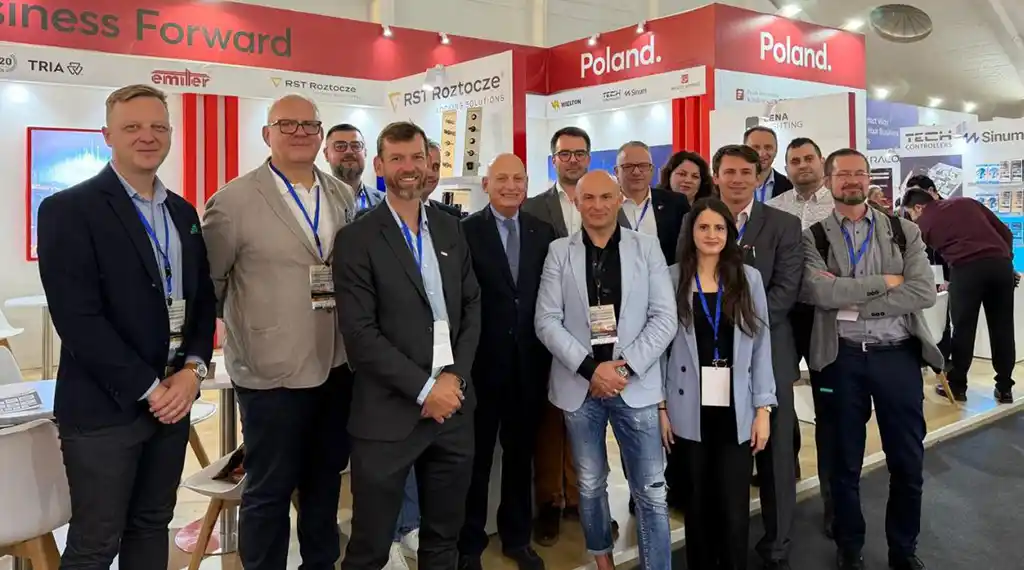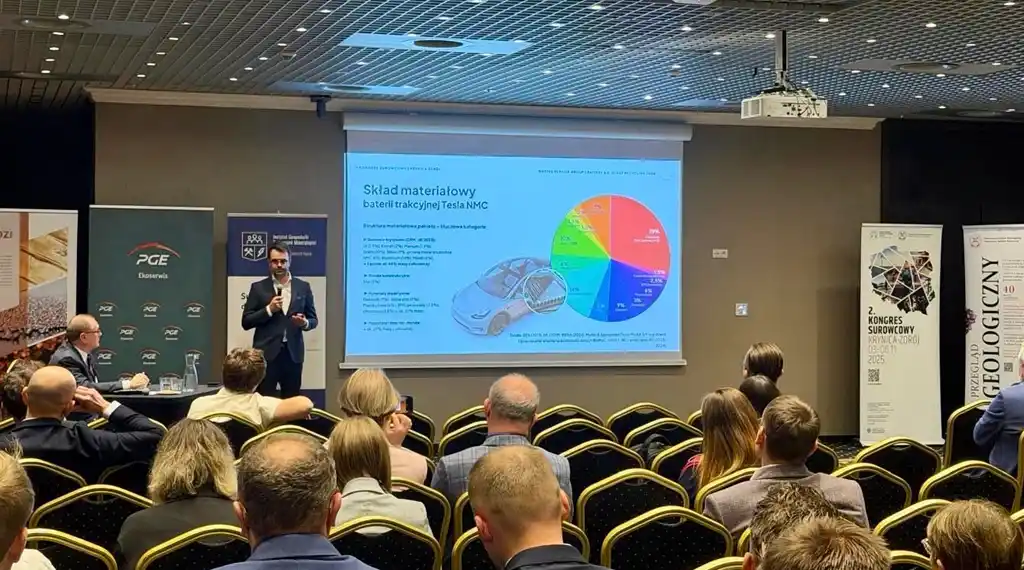
In a rapidly changing world, where sustainability and the circular economy are becoming a priority, efficient management of used batteries plays a key role. Recently, during the meeting of the Battery Committee of the Polish New Mobility Association (PSNM), together with representatives of public administration, leading technology companies and recyclers, we had the opportunity to discuss the most important issues of the new Battery Act and the upcoming Battery Regulation of the European Union.
We would like to thank you very much for the constructive and substantive discussion, in particular Maciej Białek from the Ministry of Climate and Environment and Piotr Jarmowicz from the Ministry of Development and Technology, whose contribution was invaluable.
The meeting allowed us to draw key conclusions about the future of battery recycling in Poland and Europe. Here are the most important aspects of the upcoming regulations:
Upcoming regulations pose new challenges and opportunities for recovery organizations:
One of the most innovative solutions that will revolutionize the industry is battery passport. It will be a digital tool to support the correct processing and reuse of used batteries, providing key information:
Regardless of the ongoing work on the national law, it is worth remembering that On 16 August 2025, the Directly applicable EU Regulation on Batteries and Waste Batteries will come into force. This means that some of the obligations will come into force automatically, without the need for implementation in national law — including those related to Extended Producer Responsibility (ROP). This is an important step towards harmonising rules across the European Union.
The new regulations are undoubtedly a challenge, but above all — a huge opportunity to further develop the industry and strengthen the circular economy. We agree that the proposed changes are beneficial — increasing predictability, promoting innovation and supporting the creation of a sustainable battery ecosystem.
We are proud that Wastes Service Group plant in Wszemirow it is already operating on the basis of the assumptions of the upcoming legislation. Our recycling infrastructure is designed to meet the most current and future-proof requirements, demonstrating our commitment to building a sustainable future. We are ready to meet new challenges and seize the opportunities that the coming changes bring!



16/12/25
Wastes Service Group's participation in the ELEC Expo in Casablanca includes discussions on critical raw materials, battery recycling and stable supply chains for energy and electromobility.


16/12/25
We are pleased to announce that Wastes Service Group participates in the economic mission to Morocco, organized by the Polish Investment and Trade Agency (PAIH).


15/11/25
Wastes Service Group participates in Batteries Event 2025 in Lyon. Filip Gabryelewicz will present our new Battery & e-Scrap Recycling Park and present a practical approach to Urban Mining.
